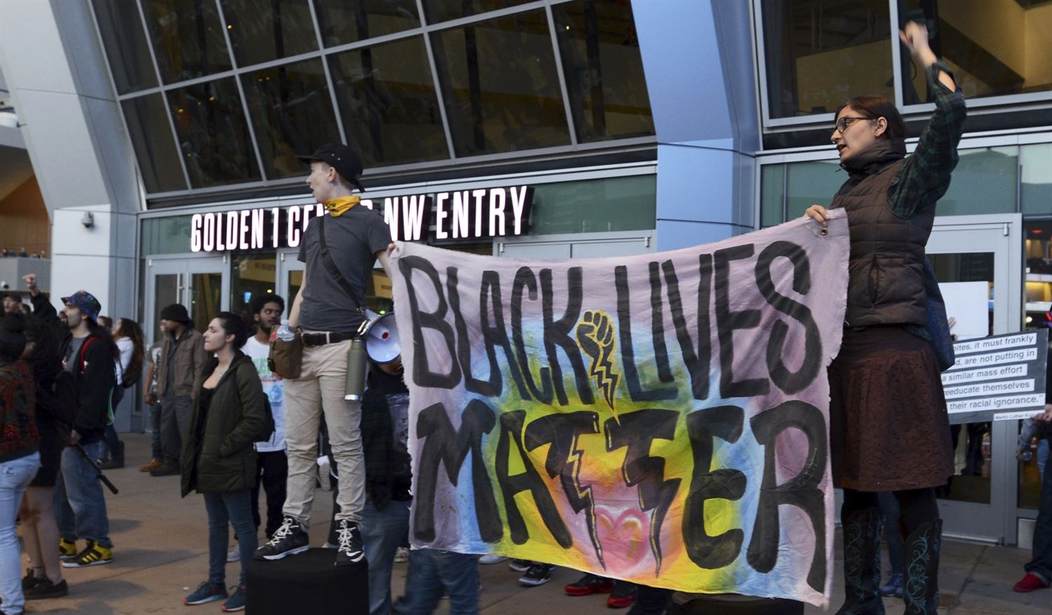After the deaths of Michael Brown in Ferguson, Missouri, Eric Garner in New York City, and Freddie Gray in Baltimore, Maryland in 2014, there was national conversation about racial profiling and police brutality. Black Lives Matter was born. There were multiple protests. Was it a conversation that was needed? Maybe. Some cases were acts of self-defense. Then-Ferguson Officer Darren Wilson’s shooting of Brown was ruled an act of self-defense by local and federal authorities, but Eric Garner is a different case, one that wasn’t so clean cut, given that he was put into a chokehold. In Minnesota, the shooting death of Philando Castile in the summer of 2016 was equally controversial, given the brutal video footage. Castile had a legal gun permit, he told officers about it upon a traffic stop. Less than a minute into the stop, Officer Jeronimo Yanez fired several shots killing him. Castile did nothing that anyone could deem threatening enough to warrant a police officer drawing his sidearm and opening fire. Yanez was eventually acquitted of second-degree manslaughter.
I’m all for free speech, even speech I detest. Black Lives Matter was just another exercise in that right. At the same time, we now know that the largest Facebook group that supposedly pushed this movement’s agenda was not real. It was fake, run by a man in Australia, who collected at least $100,000 in donations. This revelation also highlights another embarrassing oversight for Facebook, whose founder, Mark Zuckerberg, is due to testify before Congress tomorrow over data sharing abuses during the 2016 election:
For at least a year, the biggest page on Facebook purporting to be part of the Black Lives Matter movement was a scam with ties to a middle-aged white man in Australia, a review of the page and associated accounts and websites conducted by CNN shows.
The page, titled simply "Black Lives Matter," had almost 700,000 followers on Facebook, more than twice as many as the official Black Lives Matter page. It was tied to online fundraisers that brought in at least $100,000 that supposedly went to Black Lives Matter causes in the U.S. At least some of the money, however, was transferred to Australian bank accounts, CNN has learned.
Fundraising campaigns associated with the Facebook page were suspended by PayPal and Patreon after CNN contacted each of the companies for comment. Donorbox and Classy had already removed the campaigns.
The discovery raises new questions about the integrity of Facebook's platform and the content hosted there. In the run-up to Facebook CEO Mark Zuckerberg's testimony before Congress this week, Facebook has announced plans to make the people running large pages verify their identity and location. But it's not clear that the change would affect this page: Facebook has not said what information about page owners it will disclose to the public -- and, presented with CNN's findings, Facebook initially said the page didn't violate its "Community Standards."
Only after almost a week of emails and calls between CNN and Facebook about this story did Facebook suspend the page, and then only because it had suspended a user account that administrated the page.
The discovery also raises questions about Facebook's commitment to change, and to policing its platform, even in the midst of its PR offensive leading up to Zuckerberg's testimony. Not for the first time, Facebook took action against a major bad actor on its site not on its own but because journalists made inquiries.

























Join the conversation as a VIP Member